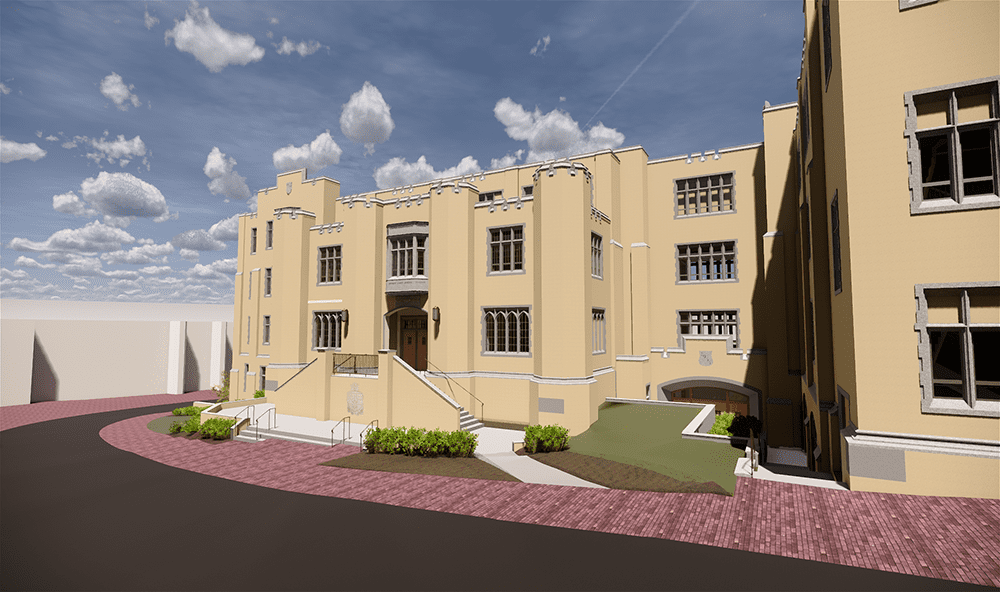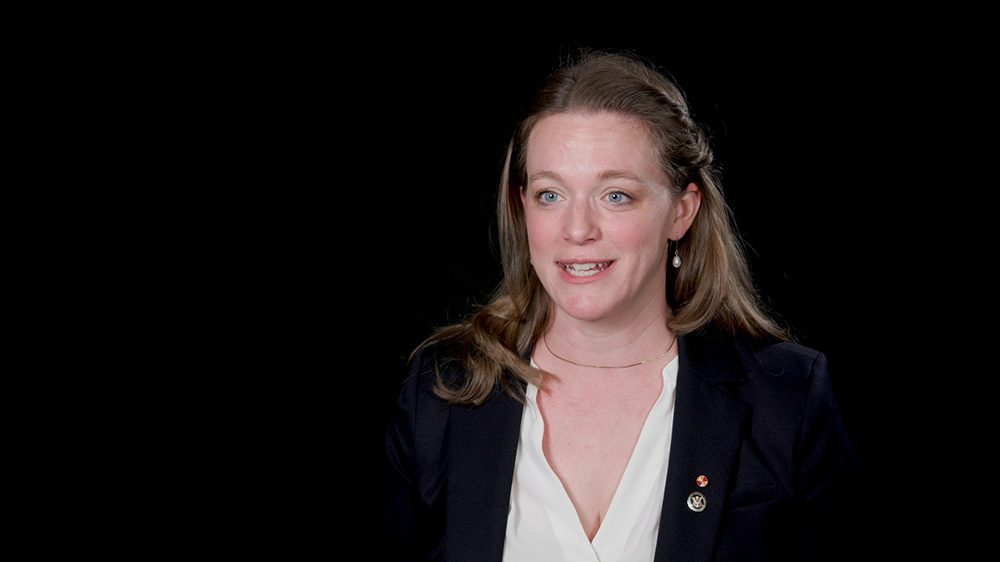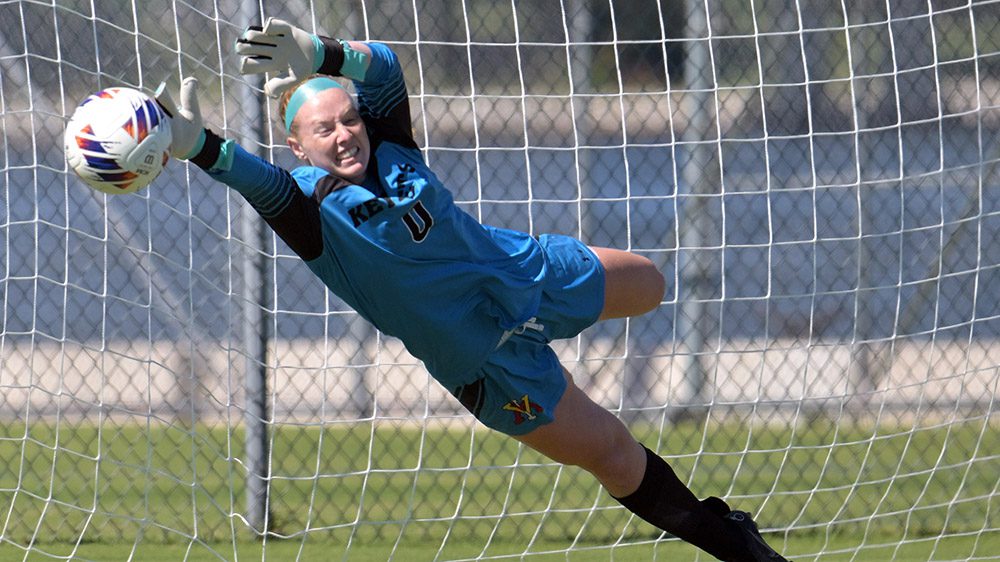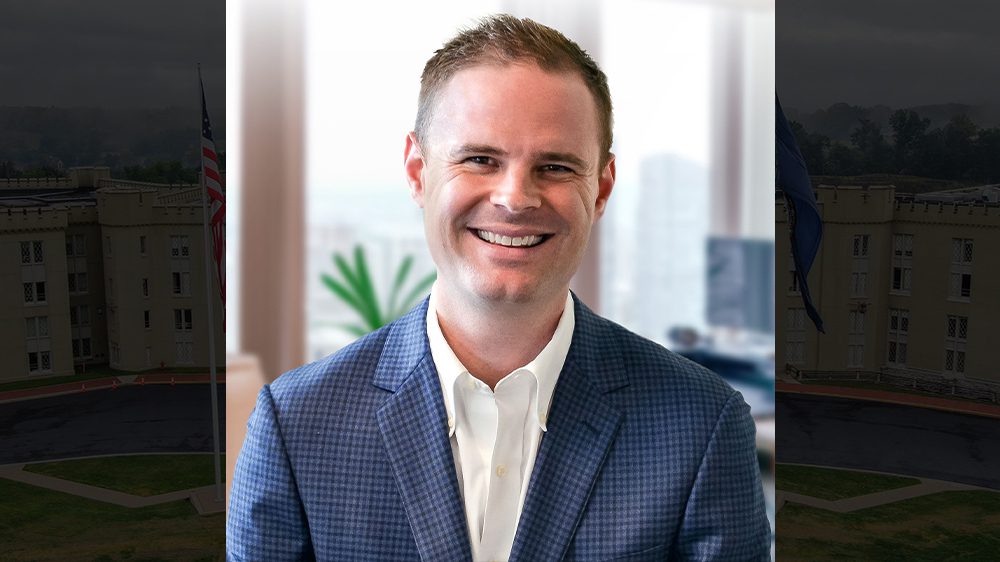During the time between commencement and Matriculation Day, while the vast majority of the Corps of Cadets were enjoying summer furlough, the Institute remained active. There were two sessions of summer school – which began in May and ended in late July – and the monthlong Summer Transition Program along with what could be called the usual repairs and upgrades in barracks started about the same time. This summer, however, things were busier than normal because of several important construction projects and infrastructure upgrades.
One of these projects was the renovation of Preston Library – which should be completed in the autumn of 2020. The first renovation of the building since the 1990s, it will create what Col. Diane Jacob, head librarian, describes as “a greatly enhanced, more modern building that’s much more suitable for a 21st century learning community.” Elements of the $19.2 million project include improved internet connectivity, new spaces for the Mathematics Education Resource Center and the Center of Undergraduate Research, a new conference room on the library’s top level (which many alumni will remember as the Timmons Music Room), and more group study rooms for cadets. In the VMI Archives, housed on the Library’s 400 level, the HVAC system will be replaced and the reading room and storage areas will be expanded.
On the building’s 500 level, the level at which patrons enter, the entrance area will be completely transformed and what is now called the reference room will be converted into a “Learning Commons.” There will also be a smart classroom for library instruction, and a group study room with smart classroom capabilities. Also, the Class of 1969 Memorial Reading Room will receive a thorough upgrade – to include the creation of an entrance to the Learning Commons.
During the renovation that happened from 1994-96, Preston Library was essentially emptied of all materials and personnel. This time, the renovation is happening floor-by-floor, from top to bottom. That means that most materials remain within the building, and the library is open as usual to faculty, staff and the general public throughout the renovation.
Like Preston Library, Scott Shipp Hall will remain open during the two-year renovation that began in summer 2019 and will cost $43.2 million. The faculty and staff of the five academic departments that call the building home will work in its older section, built in 1918-19. The project’s first stage will be the renovation of the newer section of the building, itself constructed in 1955, and the construction of a 28,000 square foot addition that will extend toward Crozet Hall. The second stage of the project will see the faculty and staff move into the sections that have been completed which will be followed by the renovation of the older part of the building.
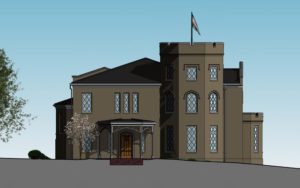
The new VMI Post Police building, scheduled to be completed by the end of summer 2020.
Besides expanded classroom space – needed to deal with the increased size of the Corps of Cadets – Scott Shipp Hall will receive its own auditorium with tiered seating, bringing it in line with Mallory Hall and Nichols Engineering Hall. Its main entrance off Letcher Avenue will be changed from its current narrow configuration to a wider one, centered on the overall building mass, in order to ease movement in and out of the building. The new addition will have an entrance directly across from Crozet Hall which will allow cadets more direct access to the building after BRC. Other important facets of the project include creating more areas for group study and collaboration by cadets and the introduction of the latest in classroom technologies.
At Foster Stadium, Clarkson McKenna Hall, built in 1987, was renovated to expand the press box to improve broadcast facilities and meet the Southern Conference’s requirement that all member schools have instant replay facilities. This project also expanded facilities in the Ferebee Lounge.
Those coming on to post via Letcher Avenue will notice construction near Limits Gates. The old Bachelor Officers Quarters – which housed the VMI Police Department for several years – was demolished, and work began on a new, purpose-built police facility on the same site. The new building’s design matches the Gothic Revival architecture of the many structures at VMI, including the homes along Officer’s Row, Preston Library and barracks. During construction, the Post Police will be based out of a temporary trailer complex adjacent to the Physical Plant facilities that are located north of post near Rockbridge County High School.
There was some work at Lejeune Hall as well, necessitated by the arrival of a new vendor for concessions which was completed in August. The VMI Bookstore remained open during the entire summer.
In May, construction crews began work on a series of upgrades to the underground lines which supply barracks, Officer’s Row, and other buildings on post with natural gas, steam and water. Some of these lines are located under the Parade Ground, and some are located under streets, which will demand the rerouting of some traffic. Much of this project – which will cost $33.2 million – will be completed by the end of summer 2020.
Another construction project – albeit relatively less visible – soon will happen on North Post. There, Anderson Drive, through which people access post via Jordan’s Point, will be widened. The bridge which spans Woods Creek will be replaced by a two-lane structure, and a sidewalk will be added. This work, part of the overall Post Infrastructure Project, is scheduled to begin in early December 2019 and end in August 2020.
While there will continue to be inconveniences for those working at and visiting VMI, the rewards will be ample and the Institute will be an even better place for cadets to live and learn and faculty and staff to teach, train and mentor.
-

Scott Belliveau '83 Communications Officer - Executive Projects
The communications officer supports the strategy for all communications, including web content, public relations messages and collateral pieces in order to articulate and promote the mission of the VMI Alumni Agencies and promote philanthropy among varied constituencies.

